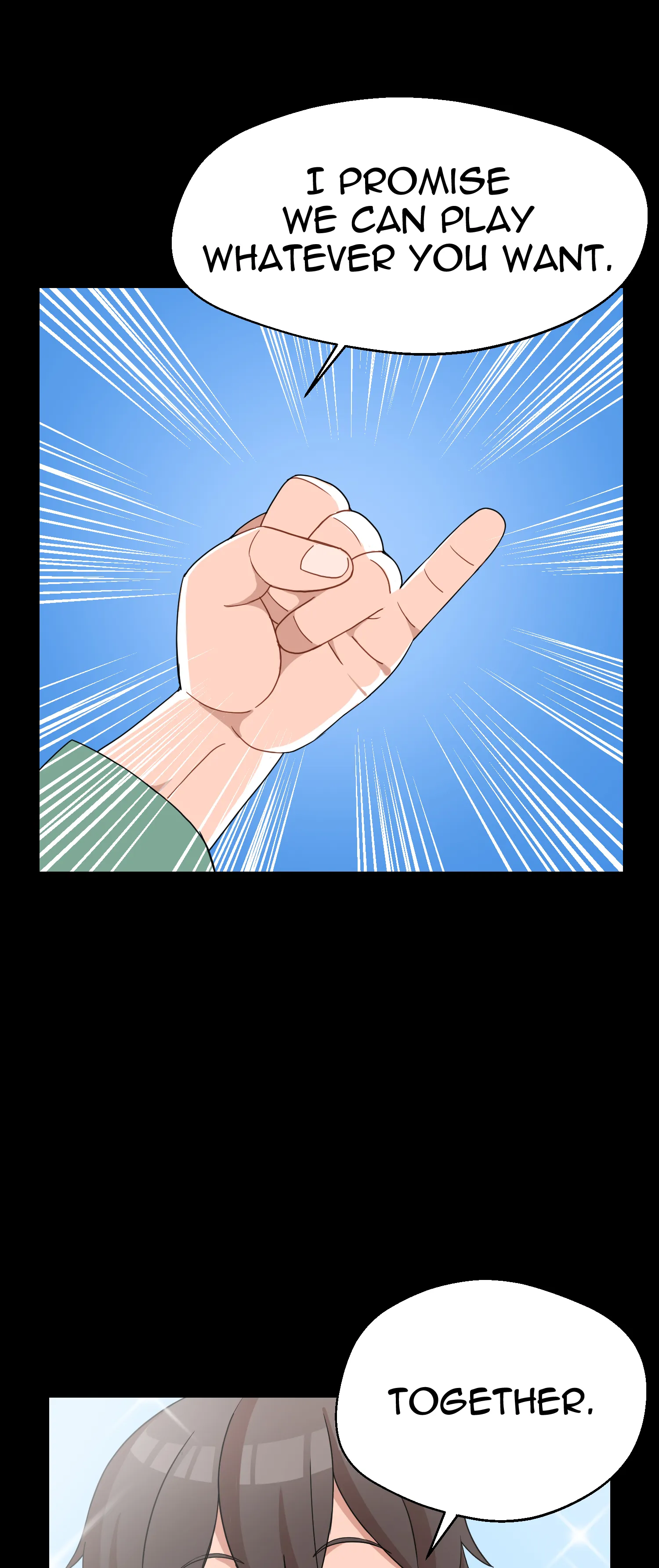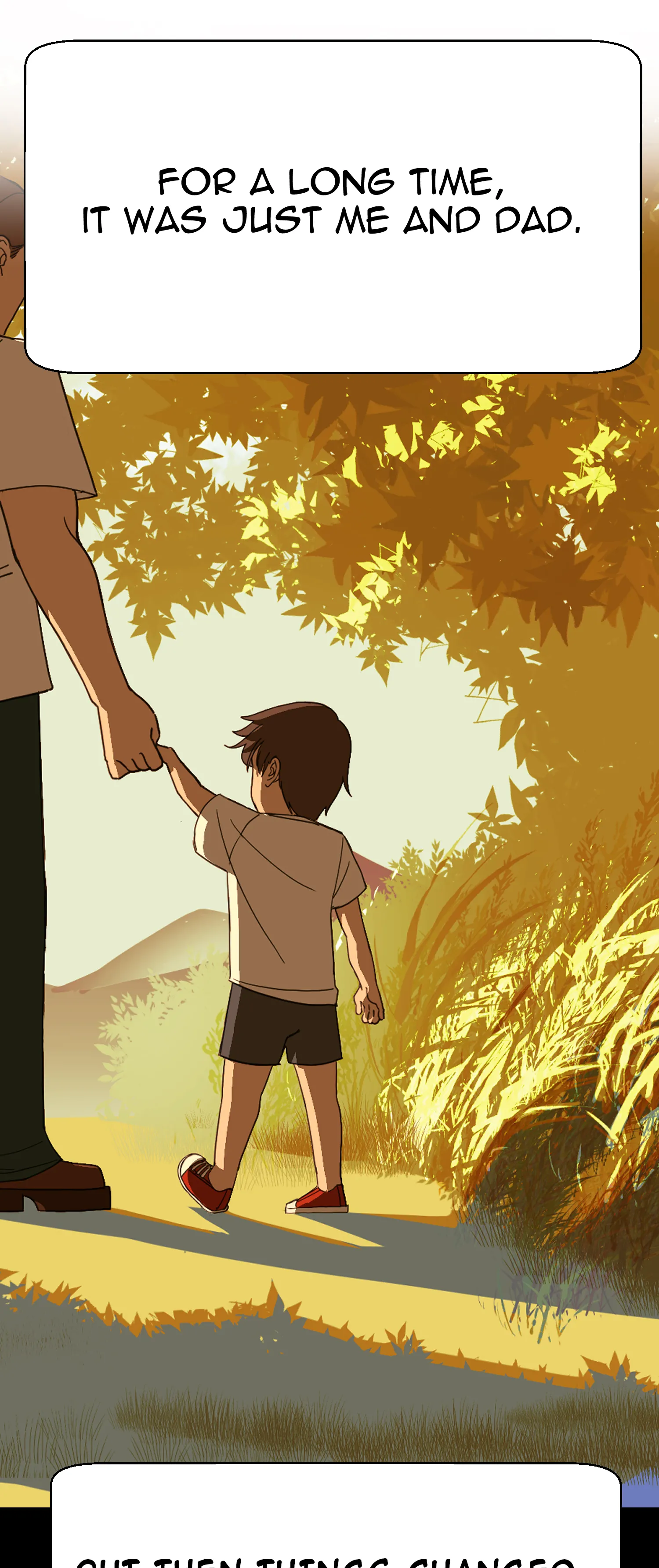Unpacking The 'Teach Me First' Comic: Why Learning How Matters
Detail Author:
- Name : Gage Luettgen
- Username : nschamberger
- Email : schneider.marcel@gmail.com
- Birthdate : 1993-08-09
- Address : 8473 Mante Summit Sunnyland, OH 42885-6737
- Phone : +1-458-824-6757
- Company : Rowe, Mayer and Hessel
- Job : Licensed Practical Nurse
- Bio : Rerum facilis blanditiis et quasi. Amet error suscipit optio sequi quia ut blanditiis aut. Sequi optio quidem in ratione qui.
Socials
linkedin:
- url : https://linkedin.com/in/tstracke
- username : tstracke
- bio : Nostrum numquam doloremque nihil.
- followers : 2383
- following : 736
twitter:
- url : https://twitter.com/tabitha.stracke
- username : tabitha.stracke
- bio : Deleniti qui adipisci dolore dolore sapiente velit porro. Nulla cumque itaque aut quisquam commodi harum sed. Delectus inventore harum laborum dolorum.
- followers : 5541
- following : 470
instagram:
- url : https://instagram.com/tabitha_stracke
- username : tabitha_stracke
- bio : Explicabo nesciunt consequatur nisi. Sed qui sed deleniti et.
- followers : 2872
- following : 1988
tiktok:
- url : https://tiktok.com/@stracke2008
- username : stracke2008
- bio : Est quo totam facere. Rerum perspiciatis quae placeat laboriosam ab.
- followers : 5209
- following : 698
Have you ever come across a simple drawing that just sticks with you, a little piece of art that makes you think deeply about how we share knowledge? The "teach me first" comic, you know, it's almost like that. It's a powerful little picture, often showing someone asking to be taught the method, not just given the outcome. This idea, really, gets to the very core of what effective learning and guidance are all about.
It's not just about getting an answer or a quick fix; it's about understanding the journey, the steps, and the reasons behind things. This little comic, in a way, puts a spotlight on a basic truth: true help often comes from showing someone the way, giving them the tools to figure things out for themselves. It's a message that resonates with anyone who has ever tried to learn something new or, for that matter, tried to show someone else how to do something well.
In this piece, we're going to look closely at what makes the "teach me first" comic so impactful. We'll explore its deep meaning, consider how it applies to different parts of our lives, and talk about why its message is still very important today, perhaps more so than ever. We'll even connect it to some age-old wisdom about how we pass on skills and understanding, so you can really get a feel for its lasting power.
- Vegamovies Apk Hindi Dubbed Download 2021 Your Ultimate Guide To Entertainment
- Hdhub4u Why Yeh Jawaani Hai Deewani Is A Mustwatch For Every Movie Lover
Table of Contents
- What is the 'Teach Me First' Comic?
- Why the 'How' is So Important
- Applying the 'Teach Me First' Principle
- Common Questions About Teaching and Learning
- The Lasting Impact of a Simple Comic
What is the 'Teach Me First' Comic?
The "teach me first" comic typically shows a scenario where someone is asking for instruction rather than just a handout. It's a simple, yet profound, visual story. For instance, instead of asking for a fish, the character asks to be taught how to fish. This isn't just a clever drawing; it's a deep comment on what it truly means to help someone grow and become capable, you know, in a really meaningful way.
The Heart of the Message
At its very core, this comic is about empowering individuals. It suggests that giving someone the skills to solve their own problems is far more valuable than simply solving a problem for them. This idea, so, it applies to so many areas. It's about building independence and lasting ability, which is quite a powerful thing when you stop to think about it.
This message also challenges us to think about how we offer support. Are we truly helping someone, or are we just making them dependent? It really makes you consider the long-term effects of your actions, doesn't it? That, is that, a question we should all ask ourselves when we're trying to assist someone.
- Vegamovies 20 Demon Slayer Your Ultimate Guide To Watching The Anime Phenomenon
- Hdhub4u Zee5 Download Your Ultimate Guide To Stream And Download Movies
A Timeless Idea
The concept behind the "teach me first" comic isn't new at all; it's an idea that has been around for a very long time. It echoes the ancient Chinese proverb, "Give a man a fish, and you feed him for a day; teach a man to fish, and you feed him for a lifetime." The first "授" in the proverb means "give," while the second "授" means "teach," and "渔" means "how to fish." This proverb, you know, perfectly captures the spirit of the comic.
It shows that the comic is tapping into a universal truth about effective learning and sustainable help. It's a principle that has guided wise people for centuries, and it still holds true today, perhaps even more so with all the rapid changes we experience. So, it's not just a passing trend; it's a foundational idea.
Why the 'How' is So Important
When someone asks to be taught "how," they are seeking more than just a temporary fix. They are looking for understanding, for a method they can use again and again. This focus on the process, on the "how," is what truly sets apart meaningful instruction from simple assistance, in some respects.
Building Real Skills
Teaching someone "how" helps them develop actual skills. For example, my job is to teach you English, and that means going over grammar, vocabulary, and how to put sentences together. It's about giving you the tools to speak and understand, not just telling you what a few words mean. She taught me how to ski, and that involved showing me how to balance, turn, and stop, not just pushing me down the hill. It's about giving a person the capacity to perform an action for themselves, which is pretty important.
When you learn the "how," you gain a sense of control and confidence. You become less reliant on others for every little thing. This self-reliance, you know, is a huge part of growing as a person. It means you can face new problems with the knowledge that you have the ability to figure things out, which is a rather good feeling.
The Difference Between Giving and Guiding
There's a big difference between simply giving someone something and guiding them to acquire it themselves. Giving is often a one-time event, while guiding is a process that builds lasting capability. It's like the difference between just handing over a meal and showing someone how to cook it. One is immediate, the other provides a skill for life, more or less.
Guiding involves patience, clear communication, and often, a bit of trial and error. It means being there to support and explain, to help someone understand the steps. It's a more involved approach, but the payoff, really, is much greater in the long run. This method, you know, creates a stronger, more capable individual.
Applying the 'Teach Me First' Principle
The message of the "teach me first" comic can be seen in many different parts of our lives. From formal schooling to everyday interactions, understanding this principle can make a big difference in how we help others and how we learn ourselves. It's a versatile idea, you see.
In Education and Learning
In the world of teaching, this principle is absolutely central. Educators often aim to teach students how to think critically, how to research, and how to solve problems, rather than just memorizing facts. For example, I teach to intermediates, and the goal is always to help them understand the structure of the language, so they can form their own sentences, not just repeat phrases. What do you teach to children? Hopefully, you're teaching them how to learn, how to explore, and how to question, which is quite vital.
This approach fosters genuine understanding and a love for learning. It's about equipping students with the tools they need for a lifetime of discovery, not just for the next test. It's about making them active participants in their own learning journey, which is actually pretty cool. You can learn more about effective teaching methods on our site, which really highlights this idea.
In Everyday Life
Beyond formal education, the "teach me first" idea pops up all the time. Think about someone asking for help with a broken appliance. Instead of just fixing it for them, showing them how to troubleshoot or do a simple repair empowers them for next time. Will you teach me how to cook? That question implies a desire for a skill, not just a meal. It's about sharing practical knowledge, you know, that people can truly use.
This principle also helps us avoid the pitfall of "teaching one's grandmother to suck eggs." That idiom means patronizing someone by assuming they don't know something very easy. We should always approach teaching with respect, understanding that people want to learn genuinely, not be talked down to. It's about meeting people where they are and building them up, which is a good way to be, really.
When You Can't Teach Everything
It's also worth noting that some things simply cannot be taught. The phrase "you can't teach heart" is a common idiom that suggests certain qualities or characteristics, such as determination, courage, passion, or resilience, are innate or developed through experience, not through direct instruction. You can't teach someone to be brave, for instance, you can only create situations where they might find their courage.
So, while the "teach me first" comic emphasizes the importance of teaching skills, it also indirectly reminds us that there are deeper, more personal qualities that come from within. These are the things that are truly forged through life's experiences, not from a lesson plan. It's a subtle distinction, but an important one, you know, to keep in mind.
Common Questions About Teaching and Learning
People often have questions about how best to teach and learn, especially when thinking about concepts like the "teach me first" comic. Here are a few common ones, sort of like what you might find in a "People Also Ask" section.
What's the main takeaway from the 'teach me first' comic?
The main point is that true help and empowerment come from teaching someone a skill or a method, rather than just giving them a temporary solution. It's about fostering independence and long-term capability. It's a very simple yet powerful message, really.
How does the 'teach me first' concept apply to modern learning?
It applies directly to modern learning by emphasizing critical thinking, problem-solving, and digital literacy. Instead of just giving facts, educators aim to teach students how to find information, evaluate it, and use it to solve new problems. This is especially true with so much information available, you know, on the internet today.
Why is it better to teach 'how to fish' than to 'give a fish'?
Teaching "how to fish" builds self-sufficiency and lasting skills, allowing an individual to provide for themselves repeatedly. Giving a fish, on the other hand, only solves the immediate problem and creates dependency. It's about sustainable support versus temporary relief, which is a pretty clear distinction, actually.
The Lasting Impact of a Simple Comic
The "teach me first" comic, despite its simple drawings, carries a message that resonates deeply with how we learn, grow, and help each other. It's a reminder that the most valuable assistance often comes not from doing things for others, but from showing them how to do it themselves. This idea is a cornerstone of good teaching and effective personal growth, you know, in any area of life.
It encourages us to be thoughtful in our interactions, to consider the long-term benefits of empowering someone with knowledge and skills. It challenges the quick fix and champions the path of genuine development. So, the next time you see that little comic, remember the profound wisdom it holds, and perhaps, think about how you might apply its message in your own life. It's a powerful little idea, that.
For more insights into effective teaching practices, you can certainly visit Teach.org, a great resource for educators. And to explore other related concepts, link to this page here.
- Hdhub4u Gujarat Your Ultimate Destination For Entertainment
- Vegamovies 20 Page 2 Your Ultimate Streaming Destination

Honeytoon - "Teach Me First!", "Ep #2"

Honeytoon - "Teach Me First!", "Ep #1"

Honeytoon - "Teach Me First!", "Ep #1"